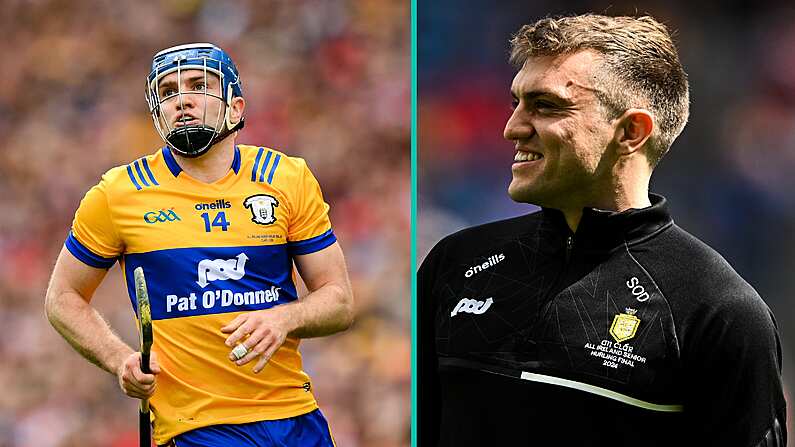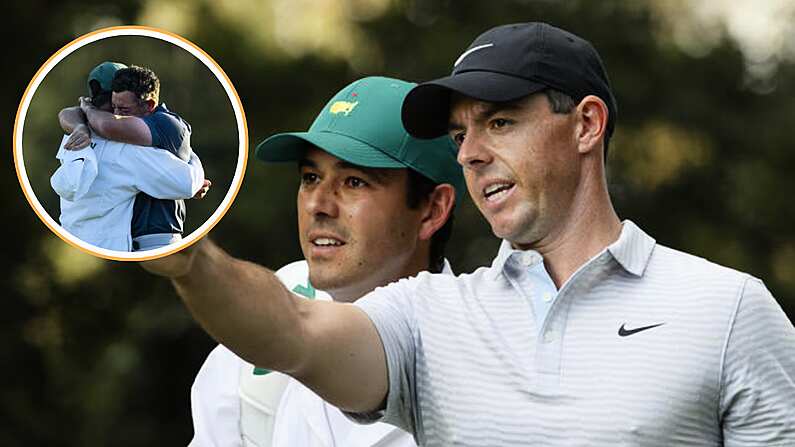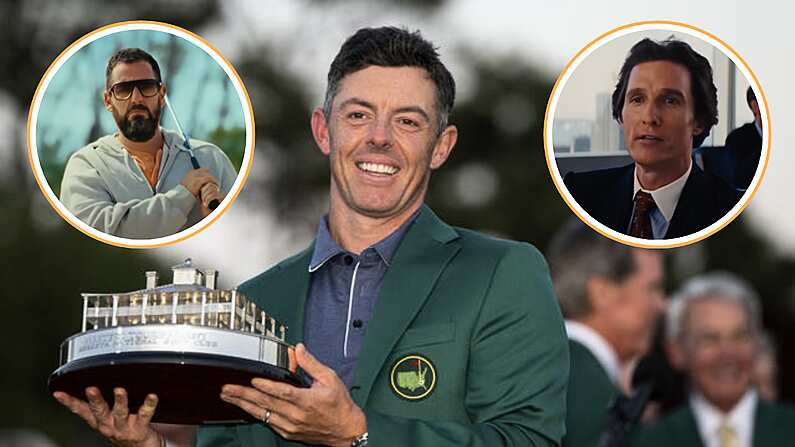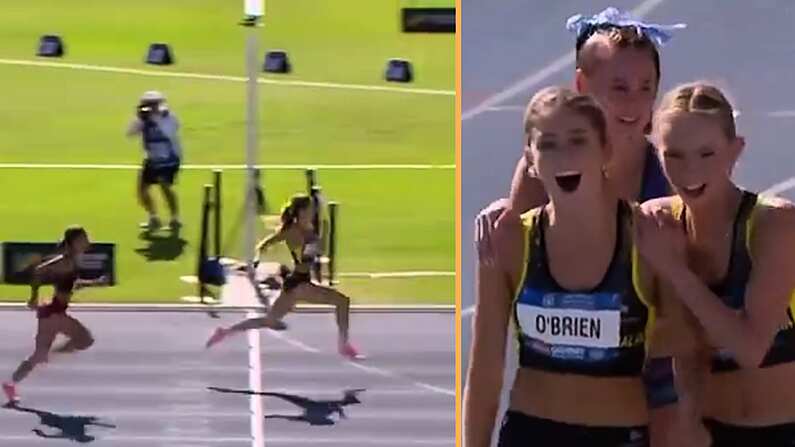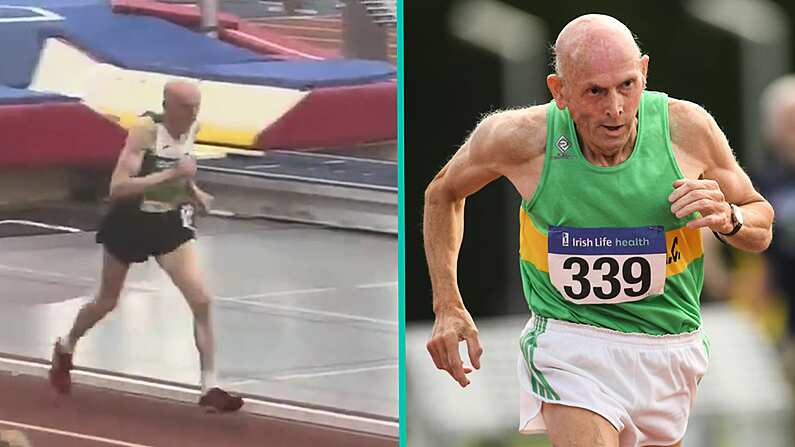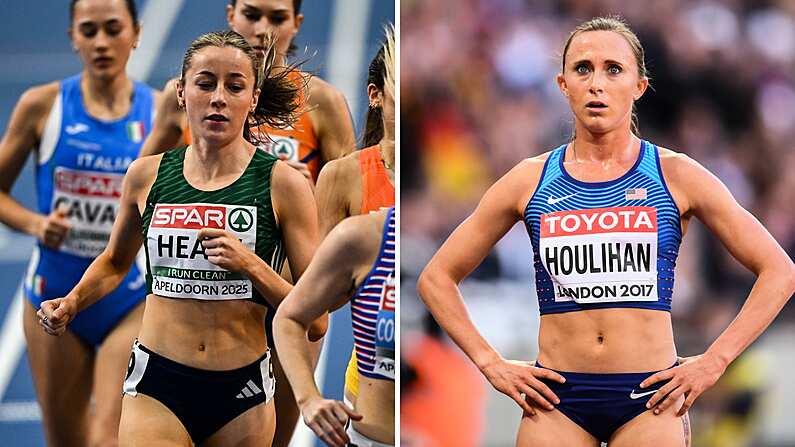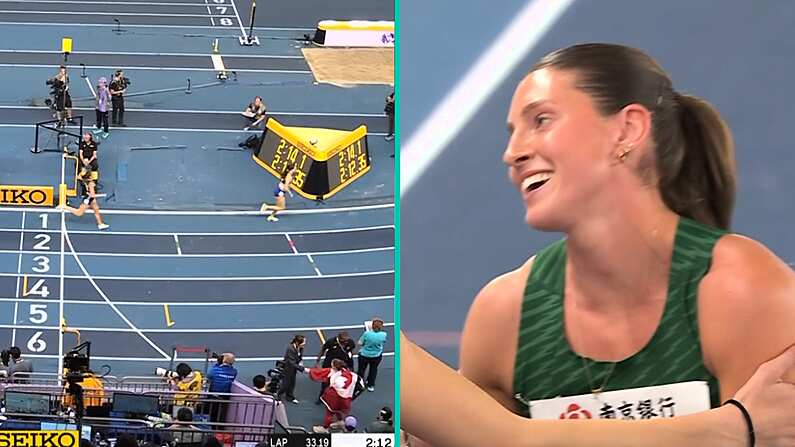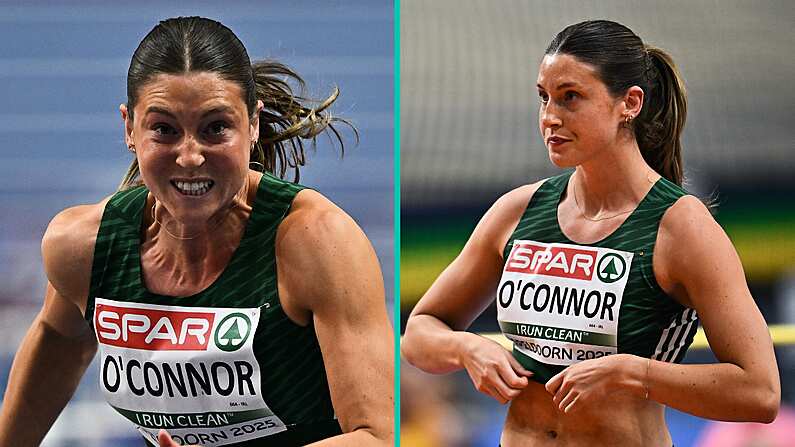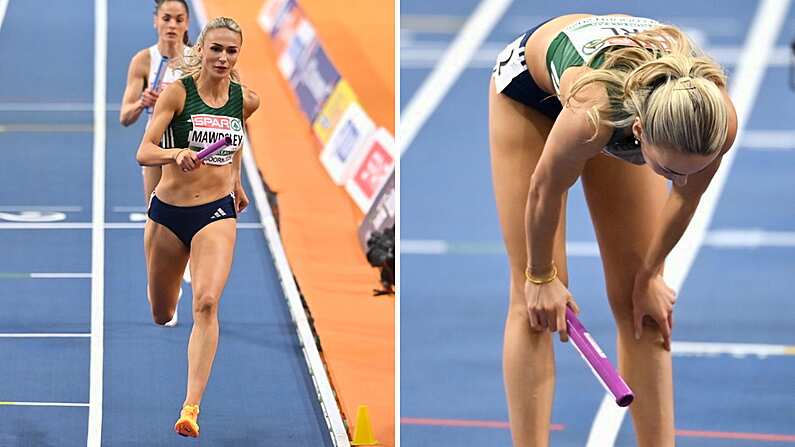Sonia O'Sullivan has given her take on Michelle Smith's career in a thoroughly insightful piece on The Irish Times recounting her experience at the '96 Olympics in Atlanta (which we recommend you check out, by the way).
The Corkwoman was describing her own memories of the weeks leading up to the Olympics, and 'the lull' experienced by both athletes and journalists alike.
The former world champion and Olympic silver medallist relayed her belief that journalists in particular, whilst attempting to fill columns, have a penchant for drumming up a sense of controversy that soon fades to obscurity when the Games begin, writing: "...as that waiting game continues you’ll always find some sensational stories or problems surrounding the host city."
One such controversy which has stood the test of time, however - largely due to what would become of the story two years after Atlanta 1996 - is that of Michelle Smith. O'Sullivan admits that the memories of her own summer in the US south-east are hazy at best, considering its chaotic nature within the context of her own career. She ponders in her column, however, as to whether Smith would now reflect on the '96 Games and previous years, and wish she played it differently.
...I do wonder now if Michelle would like to do the same thing with her life script for 1996.
I wonder as well about where we were both coming from, having being first linked as Olympians in Barcelona in 1992, before taking very separate paths.Barcelona was one of the first athletes villages set up to be a very communal and interactive place. I recall seeing Michelle there a few times, after causing barely a ripple in the pool, enjoying the social side of the Olympics, along with Erik de Bruin, a discus thrower from the Netherlands, whom she had befriended.
None of us could have imagined then that this Dutch track and field athlete would have such an impact on Irish swimming four years later in Atlanta.
The Cobh runner explains that she can't understand how Smith didn't attempt to quietly (or as quietly as possible, anyway) walk away from the sport following her four-medal haul, considering the scrutiny that surrounded her.
There is always the possibility that different methods and mindset can change an athlete, but what Michelle achieved was so unusual in swimming circles that it was impossible to go unnoticed. It also makes me wonder why Michelle put that credibility at even greater risk by continuing to swim beyond Atlanta in 1996, allowing herself to be in a position that would totally discredit her Olympic achievements by tampering with a drug test in 1998.
O'Sullivan would race on and reach another two Olympics - achieving silver in Sydney - before calling a halt to her illustrious career. Her swimming counterpart, however, would be forced to retire a year before O'Sullivan's momentous achievement. On Smith, O'Sullivan concludes:
But then beyond the monetary benefits, I can never understand what drives an athlete to cheat, why their best is never good enough, even in their own minds.
Different strokes.
Be sure to check out the full Irish Times column here.



